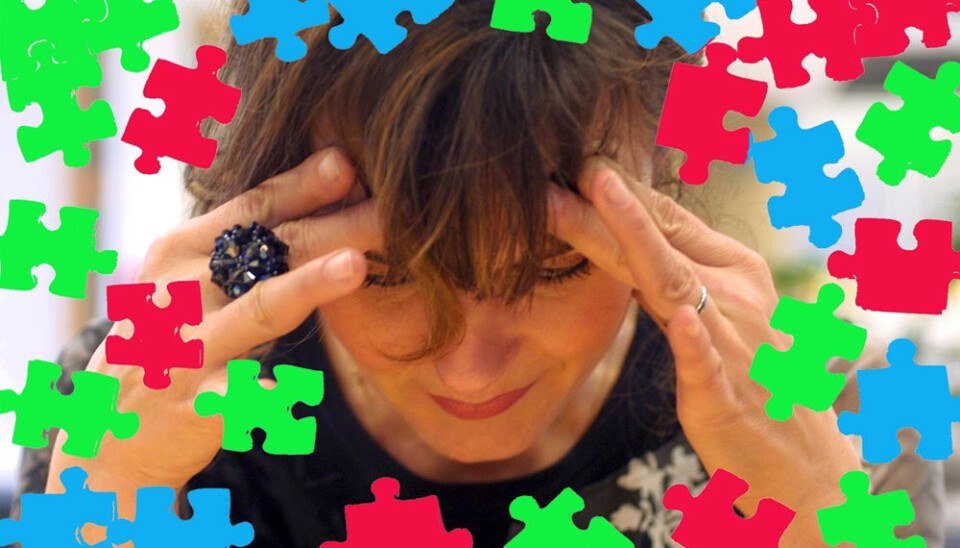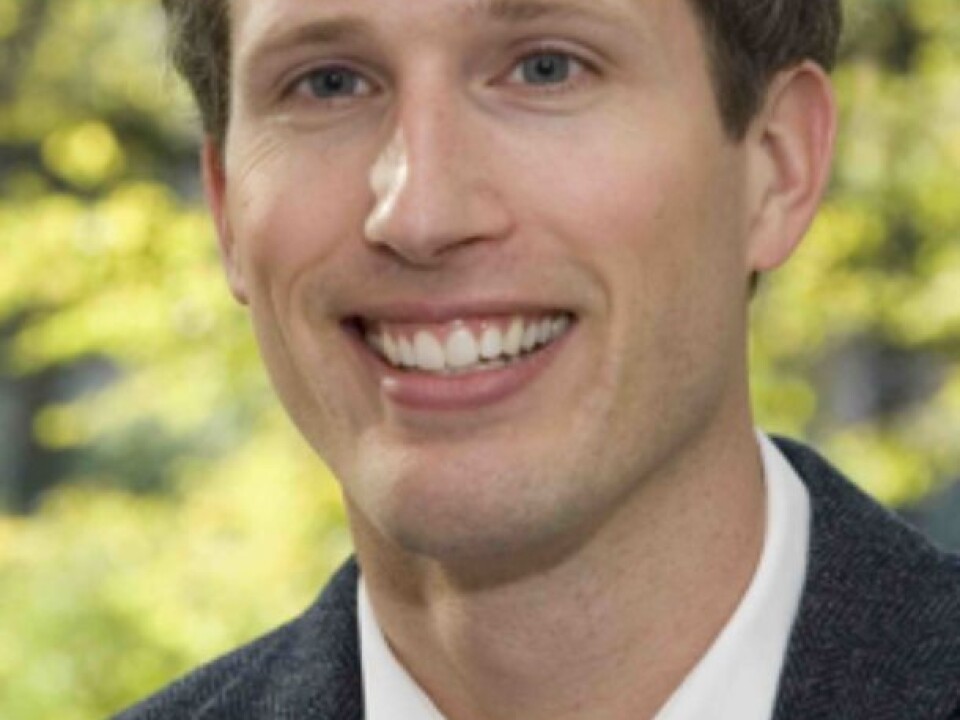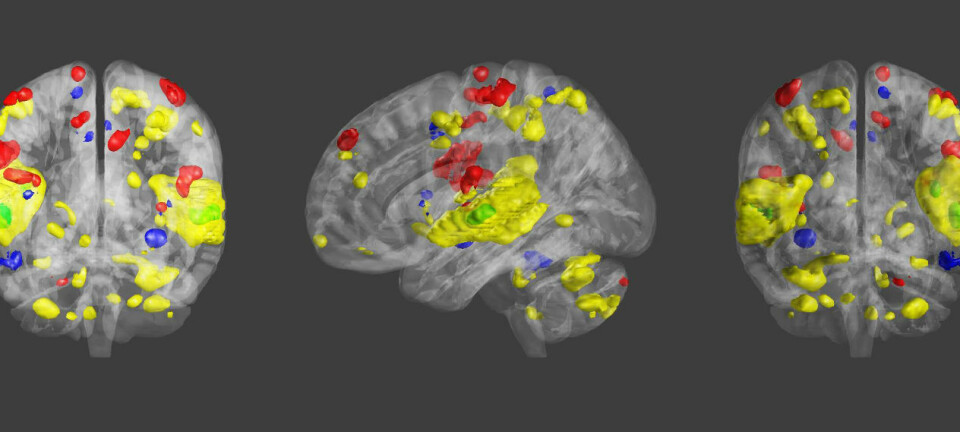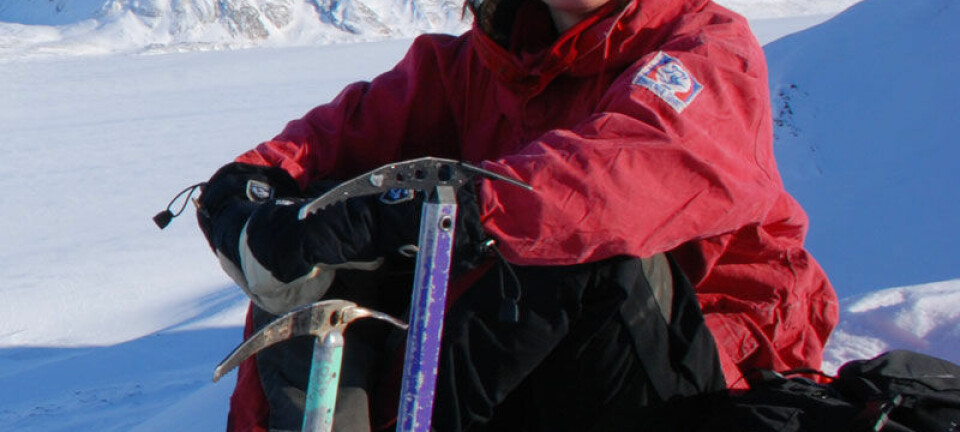
Does photographic memory exist?
Can some people glance at a picture or read a page of a book and later have total recall of all the details and information?
Denne artikkelen er over ti år gammel og kan inneholde utdatert informasjon.
In Stieg Larsson’s now so famous Millennium Series the heroine has a photographic memory. For Lisbeth Salander − the hacker extraordinaire and punk martial arts expert − this ability comes in handy when combating fiendish criminals.
But is this possible in real life?
We ask mnemonic - memory - expert Pål Johan Karlsen. He is a researcher at the University of Tromsø’s Department of Psychology. Karlsen is also editor of the Norwegian Psychological Association’s journal.
“Photographic memory could be a great asset, but forget about it,” says Karlsen.

He denies its existence, and goes further by shooting down some other easy routes to a good memory.
“You can also cancel any pipedreams of a memory pill that automatically gives you a photographic memory, or learning without making mental efforts, such as letting your brain subconsciously absorb the contents of a recording while you sleep,” says Karlsen.
Like drops of milk in water
Karlsen conducts research on memory and has written several books on the subject. He explains why we don’t store everything:
“Memory researchers generally concur that the brain filters out large amounts of information before storing anything at all as a memory. In addition, conscious recollections are not exact accounts; they are active reconstructions which more or less correspond to the original episode.”
The psychologist Elizabeth Lofthus, one of the world’s leading authorities on false memories, uses the metaphor ‘like drops of milk in water’ about memories: they are transitory and constantly changing.
Persistent myth
But if photographic memory doesn’t exist, why does the myth of this ability live on?
“Popular culture is very concerned with amnesia and other aspects of memory. In certain cases such stories are credible; in others the author has utilized artistic freedom,” Karlsen explains.
He points to Dustin Hofmann’s role in the film Rain Man, where he played an autistic savant with prodigious mnemonic capabilities.
In that movie he could spontaneously and accurately call the number of matches from a whole box that spilled onto the floor; but according to Karlsen most people can do about four matches.
Rainman also recalls a random waitress’s telephone number after reading the entire phone book the night before.
Special abilities
An explanation of Lisbeth Salander’s photographic memory in Larsson’s books is that she has Asperger syndrome. Is it true that certain autistic individuals and persons with Asperger have exceptionally good memories?
“Asperger syndrome is a mild variation of autism that causes difficulties with social interaction and a reduced ability to fathom other people’s thinking and perceptions,” explains Karlsen.
“Certain persons with such syndromes have been proven to exhibit special cognitive capabilities, as if the reduced ability to tackle some kinds of information bolsters the ability for other kinds."
“There are well-known anecdotes about such persons’ highly developed memories for certain types of material, but these people also appear to have regular forgetting curves,” he says.
Some do remember better
Nevertheless, some people do have extremely sharp memories.
The best known case of a super memory, Solomon Shereshevsky, was studied and diagnosed by the Russian neuropsychologist Alexander Luria in the first half of the 1900s. He also wrote a book about this man.
The case ‘S’, as the man was designated, was a journalist who never needed to take notes. He could remember every word of a speech. He also had synaesthesia − the stimulation of one of his senses triggered reactions in other sense modalities. For example sharp sounds were associated with light colours. He experienced the pitch of a particular person’s as crumbly and yellow.
The synaesthesia and all the associations that were continuously pouring out of his memory disturbed him in everyday life. He had trouble reading because it provoked too many associations. He also found it difficult to learn statements that weren’t meant literally and it was hard for him to recognize faces.
Can improve
But there is some hope if you want to improve your memory.
“Often such people’s key to remembering so well is their development of superior coding strategies. These strategies are often subconscious and can be the result of natural talent as well as lots of training.”
“We can all get better at remembering what we want to by spending more time on coding and creating associations, seeing connections and linking what we wish to learn with something we already know,” explains Pål Johan Karlsen.
Read the article in Norwegian at forskning.no
Translated by: Glenn Ostling


































